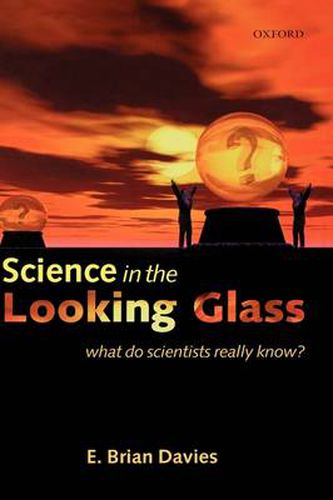Readings Newsletter
Become a Readings Member to make your shopping experience even easier.
Sign in or sign up for free!
You’re not far away from qualifying for FREE standard shipping within Australia
You’ve qualified for FREE standard shipping within Australia
The cart is loading…






In this wide-ranging book, Brian Davies discusses the basis for scientists’ claims to knowledge about the world. He looks at science historically, emphasizing not only the achievements of scientists from Galileo onwards, but also their mistakes. He rejects the claim that all scientific knowledge is provisional, by citing examples from chemistry, biology and geology. A major feature of the book is its defence of the view that mathematics was invented rather than discovered. A large number of examples are used to illustrate these points, and many of the deep issues in today’s world discussed - from psychology and evolution to quantum theory, consciousness and even religious belief. Disentangling knowledge from opinion and aspiration is a hard task, but this book provides a clear guide to the difficulties.
$9.00 standard shipping within Australia
FREE standard shipping within Australia for orders over $100.00
Express & International shipping calculated at checkout
In this wide-ranging book, Brian Davies discusses the basis for scientists’ claims to knowledge about the world. He looks at science historically, emphasizing not only the achievements of scientists from Galileo onwards, but also their mistakes. He rejects the claim that all scientific knowledge is provisional, by citing examples from chemistry, biology and geology. A major feature of the book is its defence of the view that mathematics was invented rather than discovered. A large number of examples are used to illustrate these points, and many of the deep issues in today’s world discussed - from psychology and evolution to quantum theory, consciousness and even religious belief. Disentangling knowledge from opinion and aspiration is a hard task, but this book provides a clear guide to the difficulties.